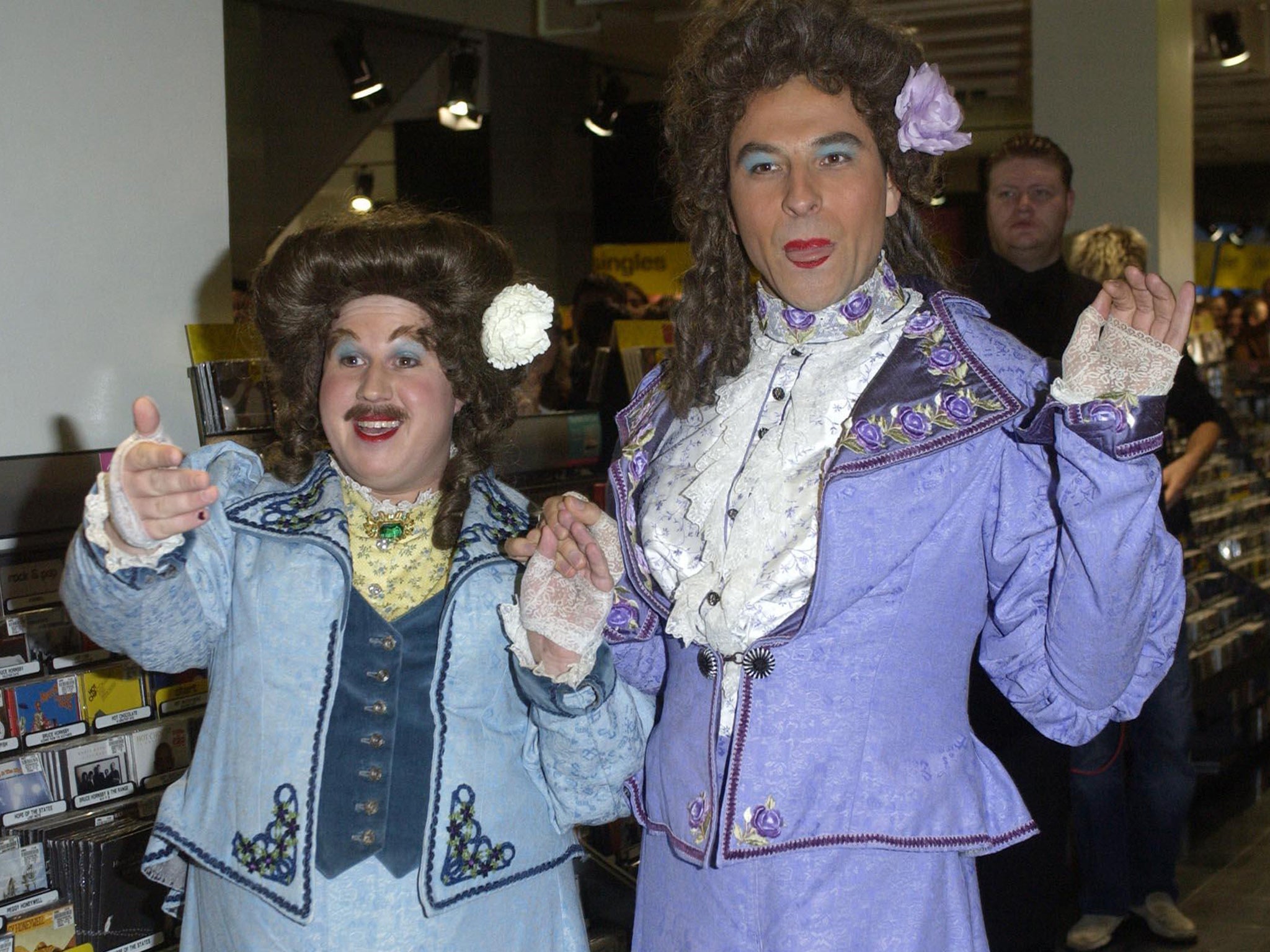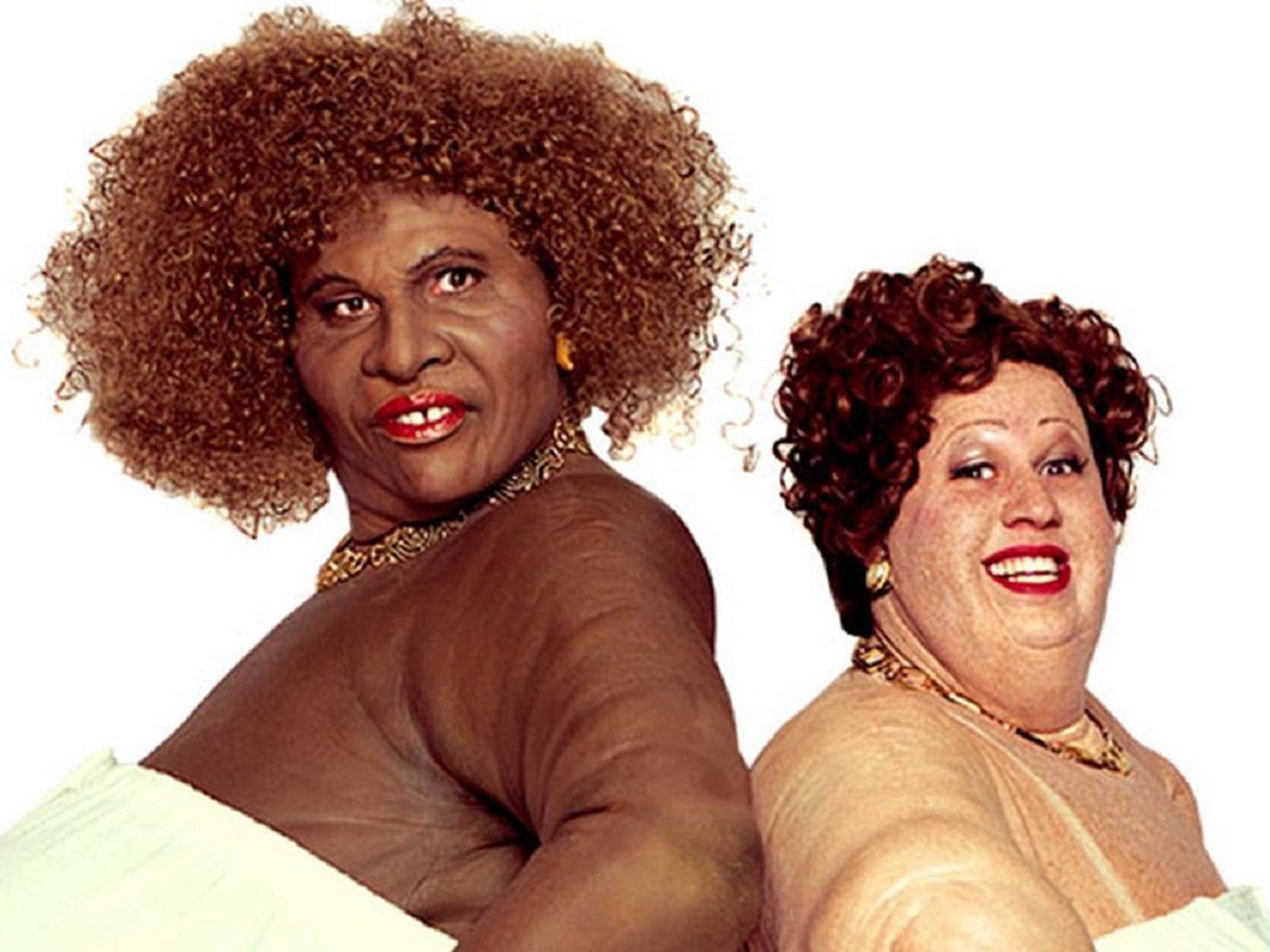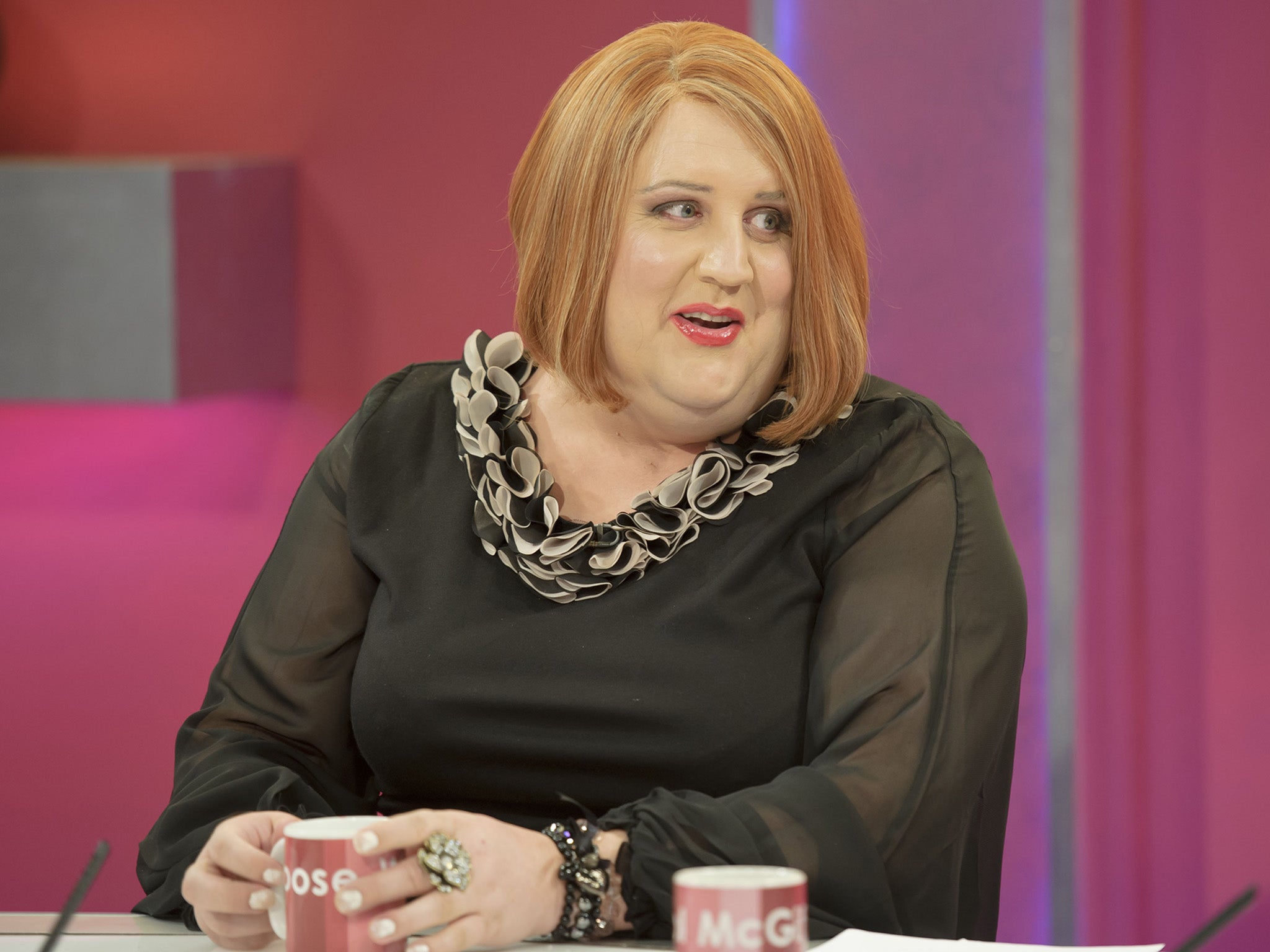Is the snowflake generation really about to kill off comedy?
Political correctness is forcing more comics to delicately tip-toe around issues of race, class and sexuality. But is self-censoring and avoiding offensive topics the answer to keeping a career in laughs?

Integral to every society, comedy is there to ridicule the powerful and relieve the rest of us. But rapid social change can act as a divide between comedians and audiences, begging the question: can comedy only evolve alongside society’s attitude shifts for so long?
The debate was once whether racist, homophobic and sexist jokes were okay. And while that has long been shut down with a resounding “no”, social change is causing a new divide between those who think that comedy shouldn’t offend, and those who insist offending is at the heart of good comedy – alongside the argument that comedians are too offensive, versus audiences being too easily upset.
Both comedians and their audiences are reflecting recent cultural shifts society has made towards a more inclusive society, including improved attitudes towards gender equality and LGBT rights.
May’s MTV Movie and Film Awards’ acting trophies, for example, were no longer categorised by gender, but given to the “Best Actor in a Movie” and “Best Actor in a Show”, in a move to modernise and reflect younger generations’ views of gender as a spectrum.
And last month, the New York subway announced it will use gender-neutral pronouns instead of “ladies and gentlemen”.
Just like comedy routines about predictive texting might as well be from the Stone Age now, these milestones society has made to become more inclusive are rapidly dating some of the UK’s most loved comedies. For example, it’s hard to believe that as recently as 2006 comedians Matt Lucas and David Walliams dressed as transvestites and wore fat suits on their sitcom Little Britain.
But more recently, Lucas said dressing as a “rubbish transvestite” now seems “extremely insensitive”. Even family friendly Peter Kay and his character, Britain’s Got The Pop Factor winner Geraldine, would struggle to get the laughs it once did.

We’ve surpassed the point where we’d question whether a man clumsily dressed as a woman is funny. Jen Lavery, spokesperson for comedy club The Stand, says, “Previously a comedian may have been able to get away with a sexist comment; you can see audiences are now generally less comfortable with that type of rhetoric,” she says.
“People are also far more aware of trans issues now too, and certain jokes which may have got a laugh even a couple of years ago would now be viewed very differently.”
Now, the PC argument has moved on to whether comedians should address all genders at the expense of brevity, give audiences trigger warnings and avoid any controversial topics, despite coming at them from a liberal angle.
Lavery says she has seen a rise in the number of audience complaints from its comedy venues across Edinburgh over the past few years. Some of these, she says, are “knee-jerk reactions” to a specific word or phrase, without paying attention to the context, like when someone complained about a comedian making jokes about epilepsy, “despite the fact the act had made clear that they themselves were epileptic”.
Speaking to the BBC, journalist Jon Ronson said that audiences no longer pick up on the nuances of jokes: “Nobody seems to be able to tell the difference between a racist joke and a liberal joke that comments on racism.”
And social media, some argue, only exacerbates the issue. Comedian Andrew Doyle noted in an article for Spiked that he’s seen an increase in people taking stand-up comedy at face value.
He wrote, “Many comedians I’ve spoken to agree that this kind of entitled, moralistic response is more commonplace than ever before. Perhaps it’s related to what psychologists have identified as a general escalation of narcissistic behaviour. Or maybe it’s an inevitable byproduct of social media, through which offence-seeking has turned into a kind of amateur sport.”
British comedian Gina Yashere now lives and works in the US, but began her career in the UK, and recently argued on BBC radio that there’s been a “big shift in everybody getting offended about everything”. She said social media has amplified how audiences respond when they hear something they don’t like. “Usually, when people were offended they walked out and told their friends and family and that was the end of it. Now, everybody has an opinion and everybody has to let everybody else know what this opinion is and something has to be done about it.”

And this is affecting comedians, according to Doyle. He says, “Easily offended audiences aren’t necessarily a threat to comedy insofar as the best comedians will always say whatever they want irrespective of societal pressures to tone down. That said, for economic reasons more and more comedians are self-censoring.
“Comics who make controversial decisions in their writing tend not to make the transition to television, for obvious reasons. And comedy club promoters are unlikely to rebook acts if they are perceived to be divisive.”
But not all comedians are noticing a shift towards more easily offended audiences, and say this could come down to demographics. Jenny Éclair said on BBC radio that her audience doesn’t mind being addressed within the constraints of traditional male and female genders.
She said they aren’t “particularly petty” because they’re middle-aged women with “real issues” to deal with, such as dying parents and redundancies. “They have bigger fish to fry … they aren’t actually sitting there thinking, ‘Oh, they called us ladies and gentlemen, I don’t like that’,” she said.
Doyle agrees that comedians shouldn’t have to change how they address their audience, or refer to men and women. He says, “I’d only laugh if anyone made the suggestion. It sounds like the sort of thing the Daily Mail invent to show how ‘PC has gone mad’. The only time I’d ever use the phrase ‘person with male sexual organs’ instead of ‘man’ is if I were ridiculing the absurd excesses of the liberal-left.
“Anyway, with that kind of convoluted phrase you’d totally mess up your timing.”
Comedian Sofie Hagen hosts the podcast Made of Human, where she often discusses activism and social issues including body positivity and feminism, and tries to always have gender neutral toilets at her gigs. And she believes it’s easy for comedians to accommodate everyone. She says, “I think comedians can positively contribute to the world by being politically correct, which is simply a term that covers ‘not being toxic’. It is so easy saying ‘all genders’ instead of ‘men and women’.”
Hagen is so serious about being politically correct that she pays activists to approve her work before it’s performed, but she insists the joke always comes before semantics.
“A joke is funnier if the sentences and words are short,” she says. “So a lot of this depends on where this word-you-shouldn’t-say is placed within the joke. If it is part of the setup to the joke and you can easily say ‘a person with male sexual organs’ instead of ‘man’, then by all means, do it.
“But if the punchline ends with the word ‘man’, the laugh would be demolished by ‘a person with male sexual organs’.”
Hagen also admits that, while staunchly believing in not offending or alienating her audience, her writing process relies on her not censoring herself.
“It is difficult being a comedian and also be constantly aware of all the words that come out of your mouth. I have to make rules for myself. When I’m writing material and working out what to say, I can’t make any promises,” she says.
“It will all be stream-of-consciousness and it might be awful, because it is just my thoughts unedited. I have to access that part of my brain that makes all of the mistakes, because that is also where the jokes are: among all the problematic stuff that I have been conditioned to think by society.”
And being culturally sensitive doesn’t need to threaten a comedian’s success, according to James Woroniecki, director of the London comedy venue The 99 Club. He says he’s noticed comedians becoming more politically aware in the past couple of years, and increasingly aware of how language is shifting.
“Sometimes that may mean changing certain phrases so they’re more inclusive, or challenging current assumptions and finding the absurd in the new debates that society is grappling with,” he says, and insists that this hasn’t dulled their work.
“Comedy clubs are a bastion of free speech, where skilled comics are free to explore difficult issues,” he says. “A good comedian can track how an audience is feeling about a subject and make their jokes as clear and effective as possible.”

All a comedian needs to do to avoid offending people, Woroniecki says, is to be very funny. “A highly capable comic such as those we book can address difficult and challenging subjects with such a level of hilarity that no offence is taken.”
Some may argue that changing language to this degree and avoiding offensive topics is pandering to audiences poised to take down a comedian on social media for a joke they only half listened to, but Hagen is resolute: being politically aware isn’t personal, and being non-offensive doesn’t mean a comedian is nice.
“A comedian colleague of mine recently said to me, ‘Your brand is ‘being nice’ and it terrified me,” she says.
“I’d hate it if people assumed that I am nice, just because I try to be inclusive. It’s making the political too personal. I said to her, startled, ‘I will fight to my death for your right to feel safe, but I’ll be a f*cking c**t to your face.’”
Join our commenting forum
Join thought-provoking conversations, follow other Independent readers and see their replies
Comments
Bookmark popover
Removed from bookmarks